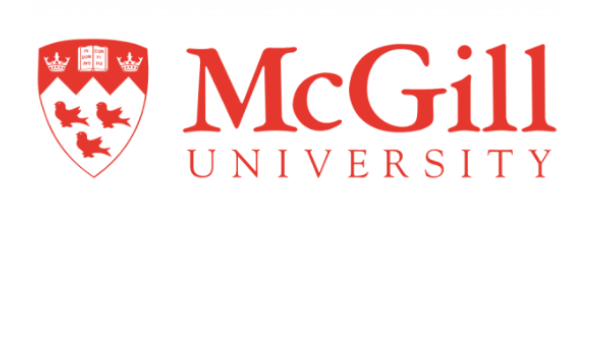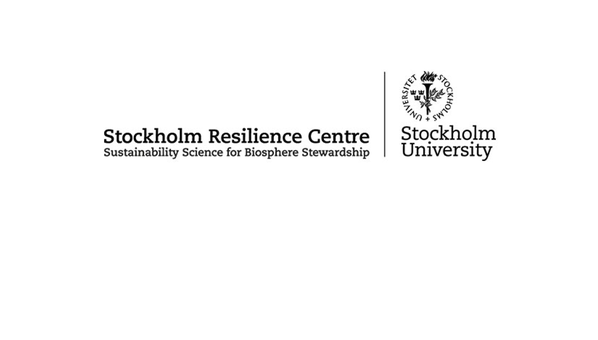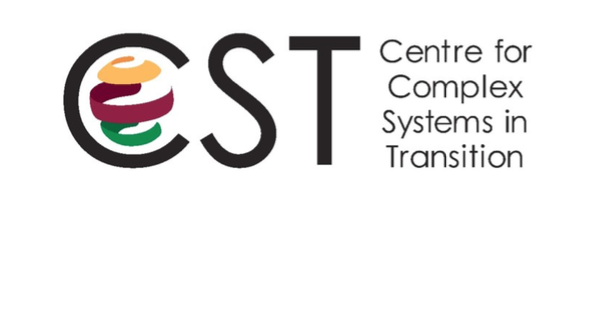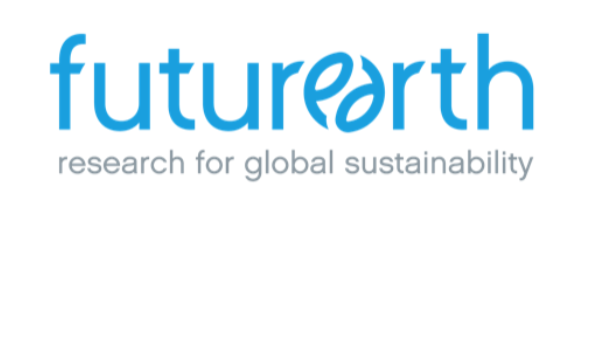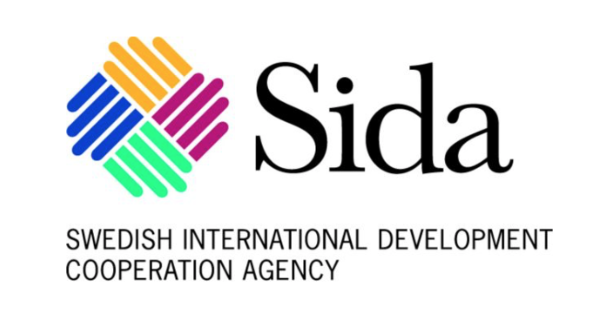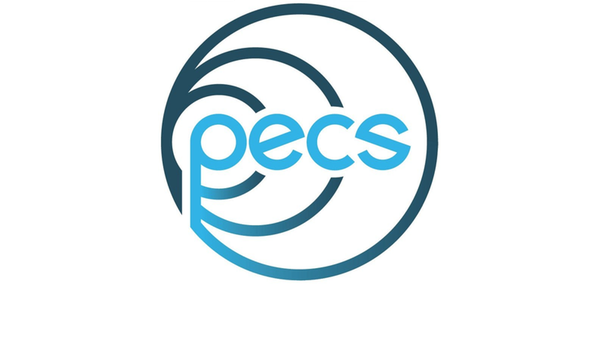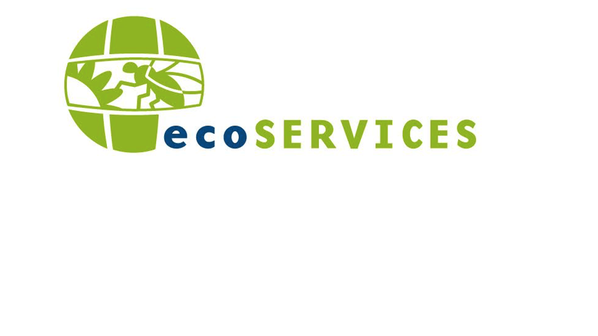
ABOUT US
The Seeds of a Good Anthropocene project is a collaboration led by McGill University in Canada, the Stockholm Resilience Centre at Stockholm University in Sweden, and the Centre for Complex Systems in Transition (CST) at Stellenbosch University in South Africa. It forms part of the initiative “Bright Spots – Seeds of a Good Anthropocene,” a FutureEarth funded project in its first phase (2014-2016). Visit the ‘Who we are‘ page to see who is involved.
OBJECTIVE: We aim to counterbalance current dystopic visions of the future that may be inhibiting our ability to move towards a positive future for the Earth and humanity. We will do this by soliciting, exploring, and developing a suite of alternative, plausible “Good Anthropocenes” – positive visions of futures that are socially and ecologically desirable, just, and sustainable. We expect that any “Good Anthropocene” that emerges will be radically different from the world as people know it today. Yet we also know that these futures will be composed of many elements already in existence, which we call “seeds’, which could combine in unique and surprising ways to create an almost unimaginable future.
APPROACH: The seeds of alternative good futures already occur in many places around the world. Identifying where these elements of a Good Anthropocene currently exist on the planet, and understanding how and why they occur, can help us envision how people might help these seeds grow into new, positive futures for the Earth and humanity. It is essential that we gather seeds from a diversity of disciplines, worldviews, values, and regions, even if we cannot hope to be represent all the great initiatives out there. Seeds are being solicited specifically from different communities of research and practice around the world, and more openly through this blog platform. The outputs of our project will include a database of seeds for analysis, a story-telling blog, scenarios and games, as well as academic and popular articles.
This website is a platform for collecting and sharing seeds, telling stories and communicating results. Explore our collection of seeds or contribute your own ranging from case studies, competitions, new technologies and education platforms to organisations and others.
Below is a brief video explaining the project.
For further project information on the project see the PECS project website.
This project is made possible through funding from the Future Earth FTI program, PECS, ecoSERVICES, and SIDA.
